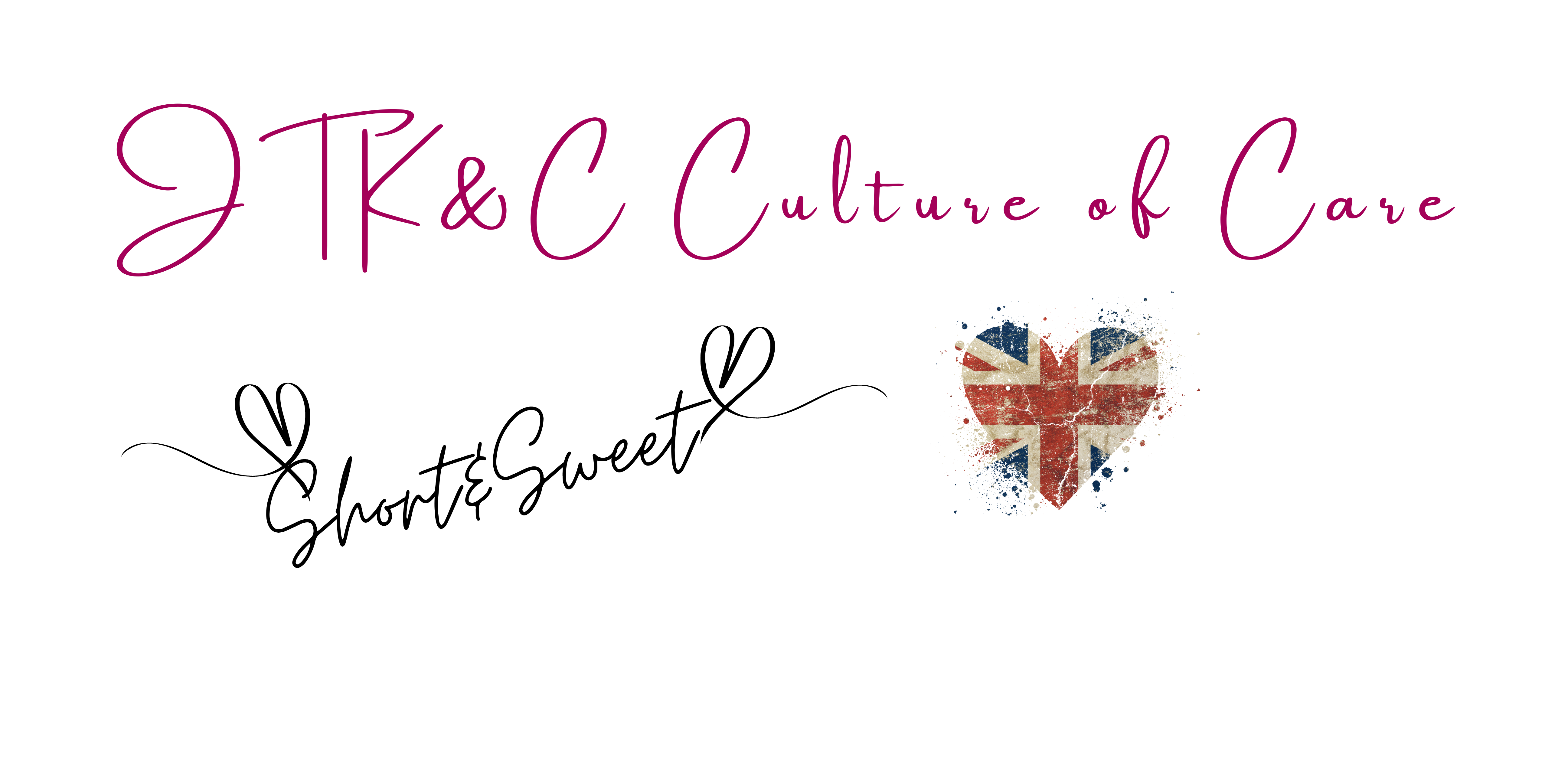Nicky Gibson former inclusion manager at the Early years Alliance
Tuesday, May 30, 2023
Children with autism who are gender-diverse are at risk of intersectional discrimination, so early intervention is needed to support them, says Nicky Gibson, former inclusion manager at the Early Years Alliance

During lockdown, I listened to a BBC radio programme detailing how research had found that transgender and non-binary people were up to six times more likely to have autism. I was interested to know more.
In 2020, a team from Cambridge University led by Professor Simon Baron Cohen formed part of a wider research team that published findings establishing a link between autism and gender identity (https://bit.ly/3ozcCU1).
Gender identity can be fairly fluid until the age of seven, and given that a diagnosis of autism can take more than two years, it is hardly surprising that a link is not identified earlier. Yet the connection between the two is of significant importance because although some gender-diverse children with autism may revert to their assigned sex, others will continue to be gender-fluid, non-binary, or choose a different gender to their assigned sex at birth.
The link between autism and gender diversity makes sense to those familiar with autism. Gender is a social construct with variable beliefs across cultures. Therefore, the associated constraints and rules linked to gender may seem illogical to some with autism. Without professional input to help families navigate these complexities, autistic gender-diverse children may feel confused and isolated. This could have implications later in life as there is some evidence that depression and anxiety are highest in autistic-trans individuals (see https://bit.ly/3OwGMlB).
Professor Cohen has said, ‘Both autistic individuals and transgender and gender-diverse individuals are marginalised and experience multiple vulnerabilities. It is important that we safeguard the rights of these individuals to be themselves, receive the requisite support, and enjoy equality and celebration of their differences, free of societal stigma or discrimination.’
The transgender community is under considerable scrutiny. The risk from scrutiny is even greater for those with autism because they may experience intersectional discrimination. To protect them, there needs to be both a better understanding of their needs across all sectors and earlier intervention and support, so there is a clear route to access professional advice and support for the child and family.
Nicky Gibson worked in the early years for over 30 years – 10 years in a local authority Child Development Centre and 20 years at the Early Years Alliance as inclusion manager. She retired in 2021.
